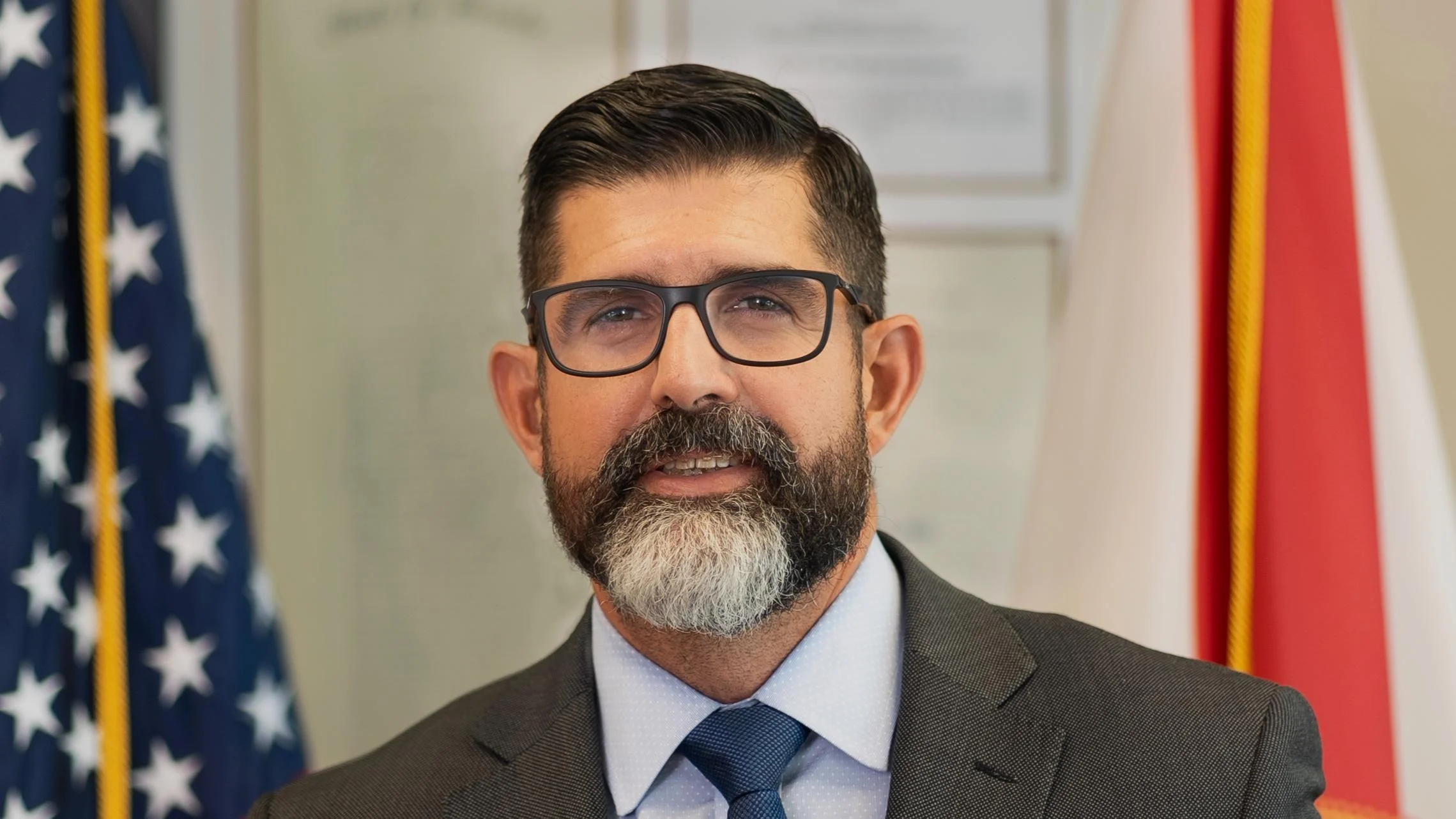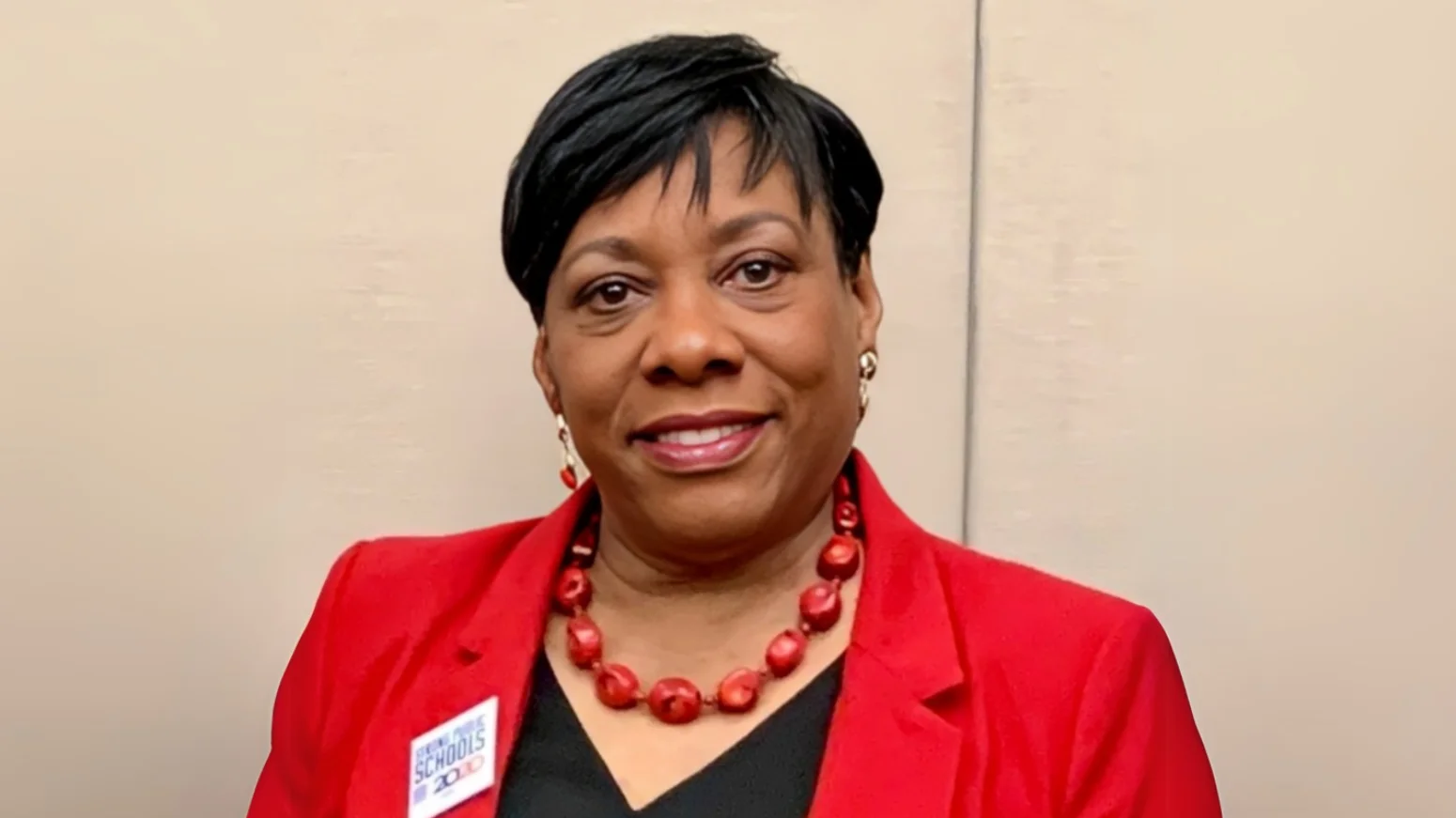
Rebecca Koenig Interim Senior Editorial Director | EdSurge Research
The Student Privacy Pledge, a voluntary initiative aimed at safeguarding student data in the edtech industry, has been retired. Initially launched to encourage transparency among companies working with K-12 schools, the pledge emerged during a time when state regulations on data handling were sparse.
As states have developed more comprehensive laws governing this area, the nonprofit organization behind the pledge decided to retire it. A note on their website acknowledges the "changing technological and policy landscape," and an archive of signatories will remain accessible until July 31.
Despite these developments, concerns about student privacy persist, particularly with the increasing use of artificial intelligence. Experts warn that students' privacy rights are threatened by "digital authoritarianism," as AI-enhanced surveillance tools are used to monitor students—a challenge not fully addressed by current state regulations.
John Verde, senior vice president for policy at The Future of Privacy Forum, noted that while the pledge was once a key self-regulatory measure for edtech companies, it is now surpassed by state laws requiring companies to protect student data. Over 40 states have enacted such legislation.
Verde explained that discussions around privacy in edtech have shifted towards compliance with legal standards and addressing new challenges posed by AI. He suggested that developing AI strategies from scratch would be more effective than relying on outdated frameworks like the pledge.
GoGuardian, a company providing student-monitoring services and a former signatory of the pledge, assured EdSurge that its retirement would not affect their commitment to student data privacy. They stated: "We will continue to uphold all requirements, which are widely considered to be standard practices for the industry."
However, some observers express concern over potential vulnerabilities in student rights amid emerging AI technologies. Clarence Okoh from Georgetown University Law Center highlighted that recent state frameworks do not address police use of AI for monitoring students. He remarked: “Unfortunately, state AI guidance largely ignores this crisis because [states] have been [too] distracted by shiny baubles.”
Okoh also noted a shift in federal priorities under different administrations affecting civil rights enforcement related to student privacy. While previous investigations targeted companies like GoGuardian for potential violations, recent changes make it harder to challenge problematic practices in contested cases.





 Alerts Sign-up
Alerts Sign-up